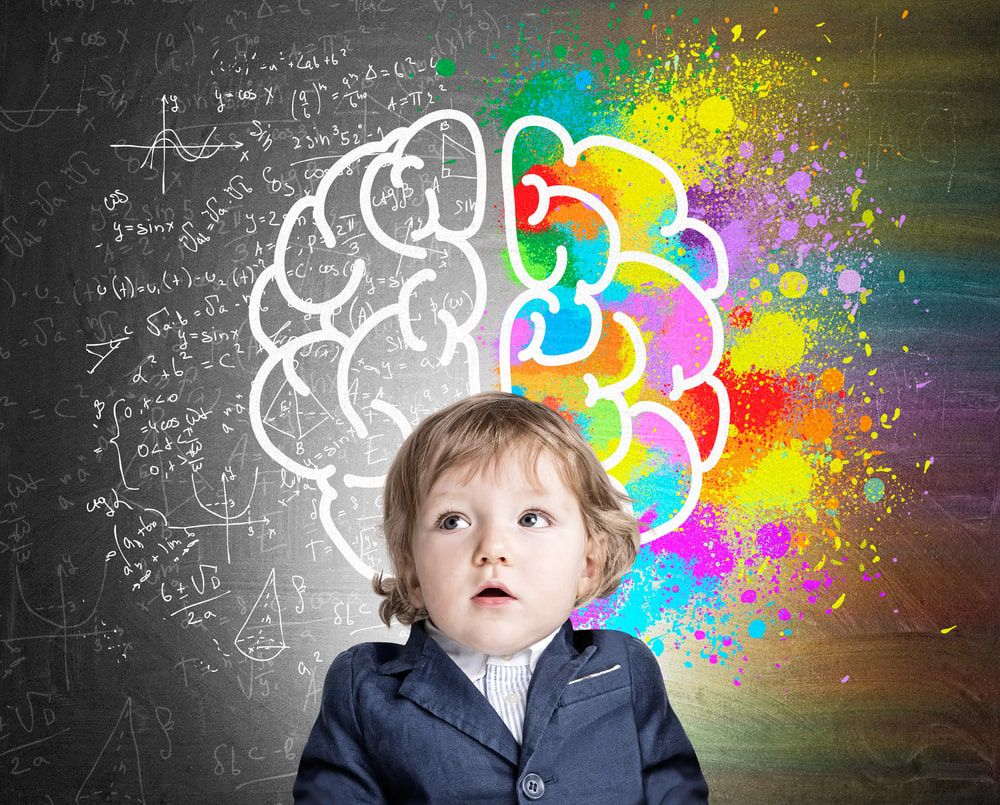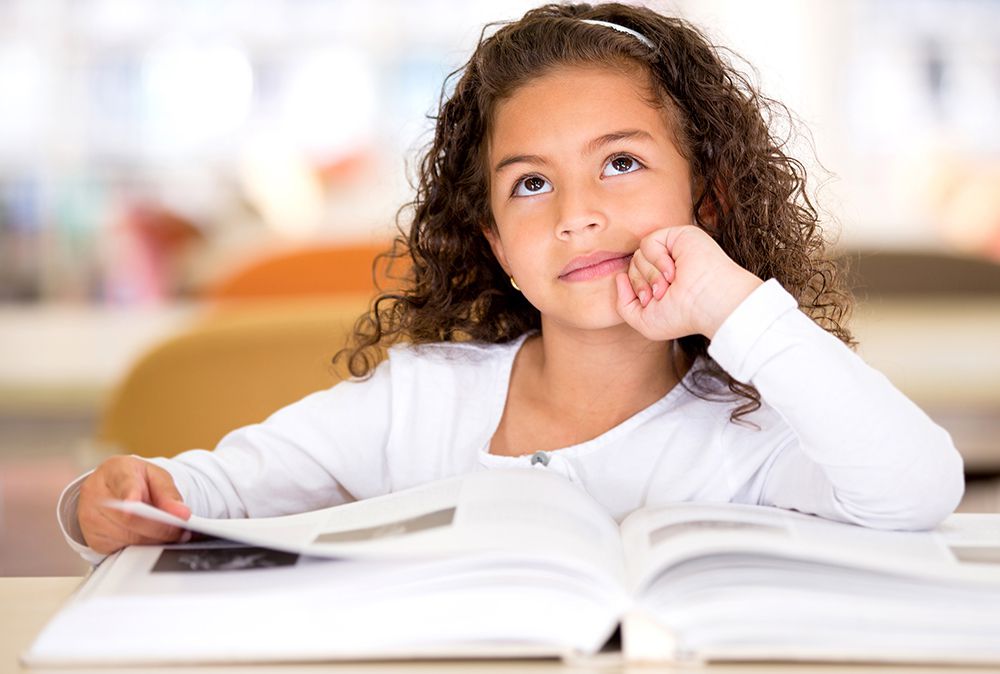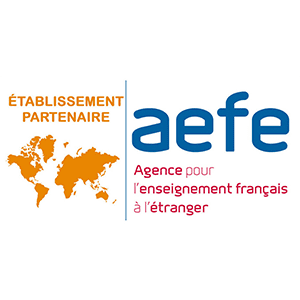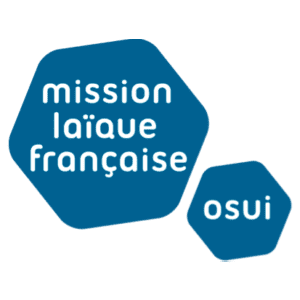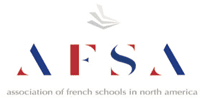5 Benefits of Childhood Bilingualism
Benjamin Lee Wharf, a Yale linguist, was the first person to explore the possibility that bilingualism shapes the way we act and think. Although parts of his famous language theory, the “Sapir–Whorf hypothesis,”, remain hotly debated, many recent studies have supported his theory that bilingualism does have a distinct effect, particularly early in life. Many studies suggest that learning more than one language has the potential to unlock amazing mental capabilities and benefits as children grow and mature.
Multitasking
Research conducted on 6-year-old test subjects produced some interesting and encouraging results The children were grouped into two even sets: children who were bilingual, and children who were monolingual. Researchers gave the children various tasks designed to test their multitasking abilities. The bilingual children were able to switch their attention between tasks with greater ability and speed. The researchers behind this experiment felt that this type of increased ability stems from the skills and brain development acquired during their language acquisition. They concluded that switching between two separate languages regularly may increase the activity in our brain responsible for multitasking.
Brain Health
Some researchers liken the brain to a “muscle”, growing and changing as we “exercise” it regularly, making it stronger and healthier in the long run. In a 2011 study, researchers found strong evidence to support the theory that bilingualism can support overall brain health and delay cognitive diseases such as Alzheimer’s Disease and Dementia. Although there is no cure for these diseases, this study suggests that learning multiple languages may increase our “cognitive reserve,” the brain’s ability to use its resources and resist damage. Learning multiple languages is a perfect way for children to “exercise” and grow important areas of the brain.
Social Growth
Communication is extremely important in the modern world for cultural understanding. As children grow and mature, learning how to interact with different types of people is of huge social advantage. Bilingual children possess great potential for social skills, with an increased sense of empathy, both used in their personal relationships and even in their future careers. Language is the glue that holds society together. To possess greater language ability will provide a child with greater social understanding, skill and increased adaptability (not only linguistic, but a general ability to adapt better in multiple settings).
Abstract Reasoning
As we grow, we begin to think deeper and are capable of understanding more abstract thoughts. Our academics become more oriented towards problem-solving designed to test our reasoning skills and creativity. Studies have shown that children who understood two languages at an early age have an advantage at this type of learning later in life. Using multiple languages grows short-term “working-memory”, a brain tool specifically designed for problem-solving and rapid-fire action. Bilingual children often show greater brain “flexibility” when it comes to solving problems and finding original answers.
Better Focus and Attention
Many young children often initially struggle with sitting still and focusing on specific tasks. However, as they grow, their attention span often grows with them, allowing them to increase their focus. Some studies show that bilingual children possess a naturally stronger attention span. Even at younger ages, these children often possess the ability to focus on tasks and better understand what’s being asked of them. This is due to improved “executive control,” a cognitive mechanism responsible for mental decisions and focus. Some researchers feel that better executive control in bilingual children results from their ability to quickly see the difference between the words of different languages. By switching back and forth between two languages at a split-second’s notice, these children naturally grow their focus and attention to detail.
Although many new facts about bilingual development are yet to be discovered, many studies suggest that specific benefits come with learning multiple languages. As adults, we often struggle with learning foreign languages. However, language learning is much easier for children as they have an innate gift to do so and they do not compartmentalize in the way we do – language is language. Gifting your child another language at an early age puts them at great advantage for their future.
For more information on language skills and development, please contact us today.


